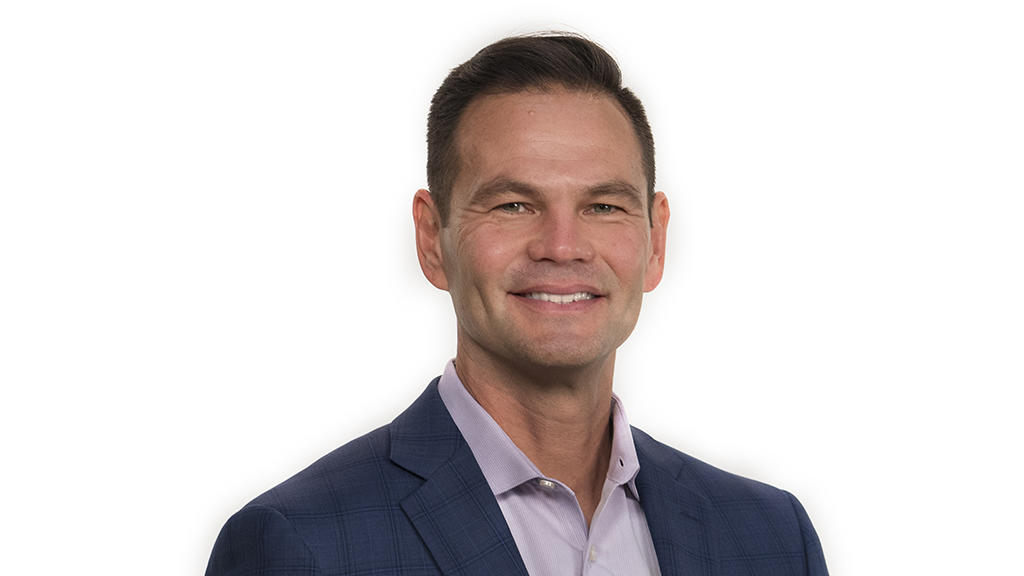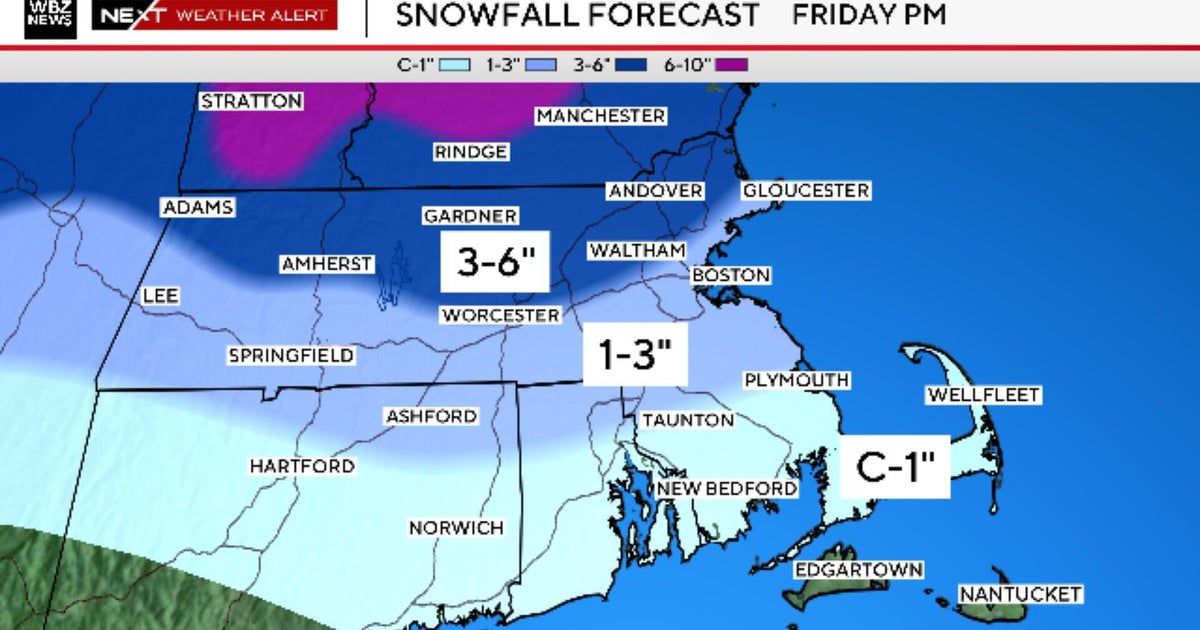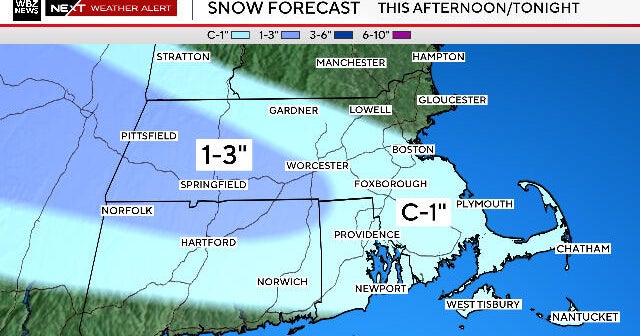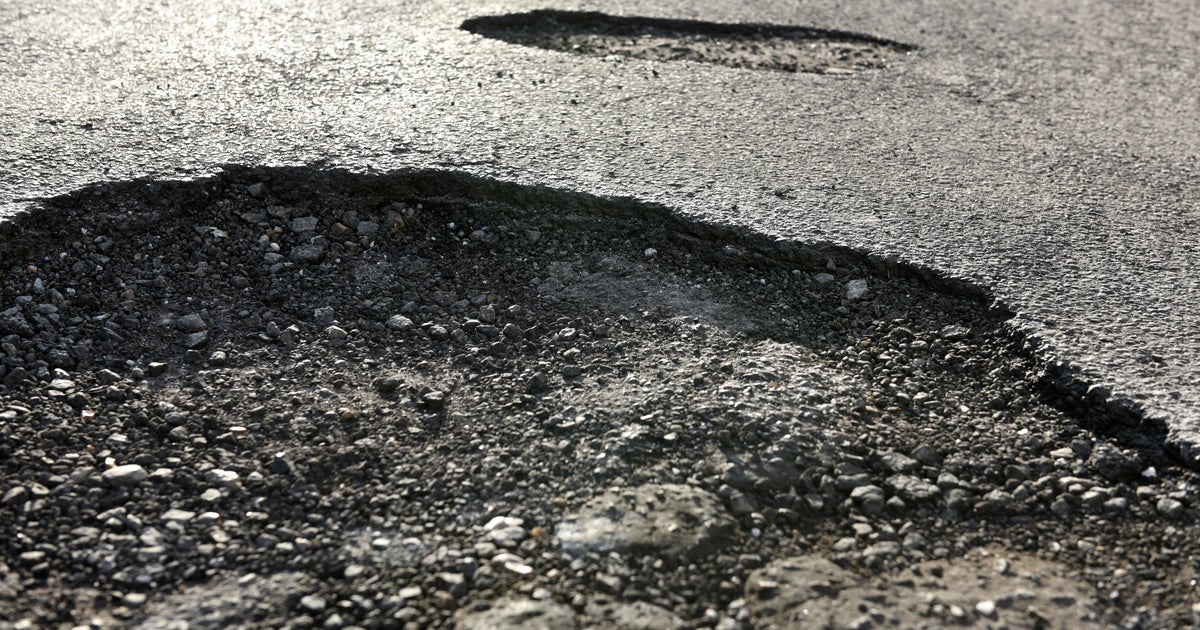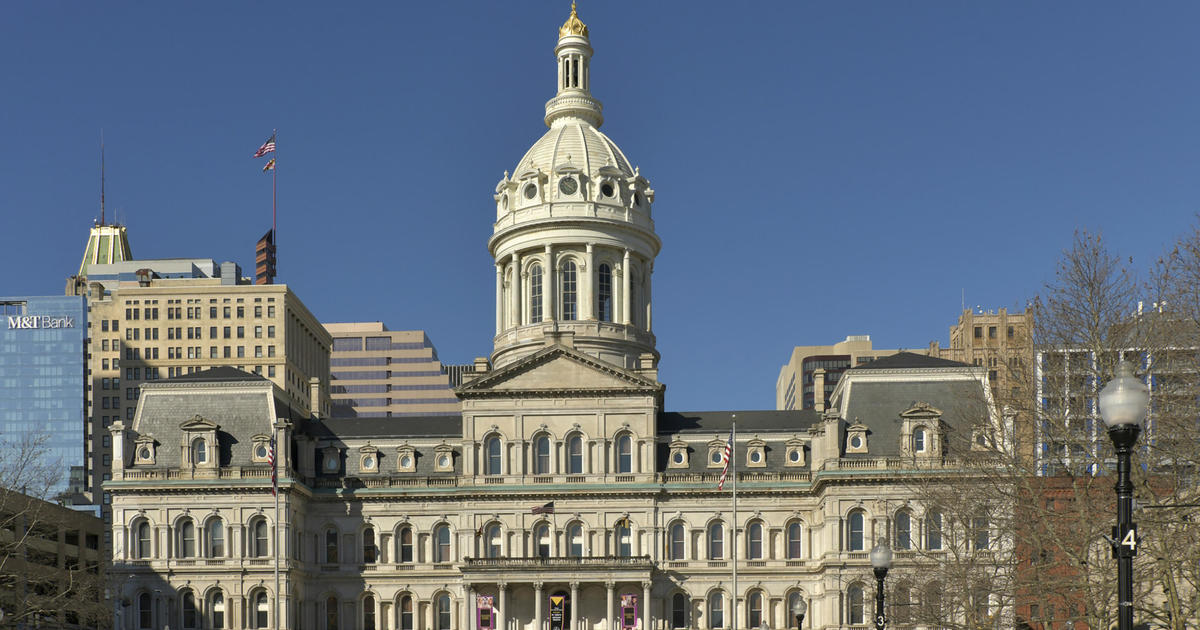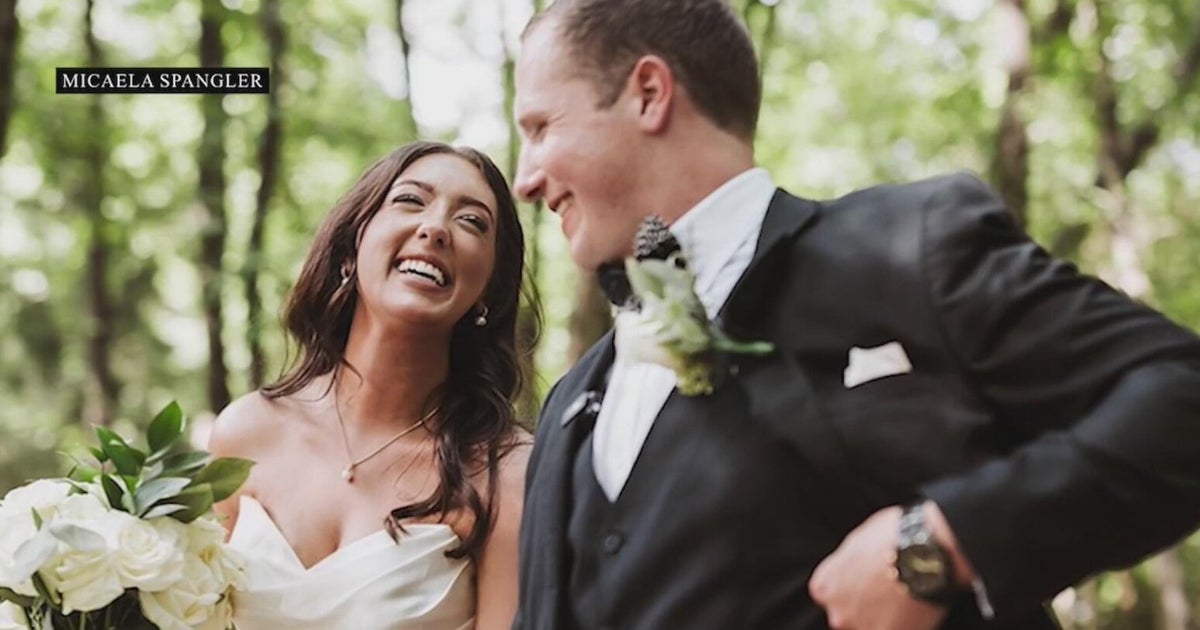Should Massachusetts ditch time change?
BOSTON - Daylight Saving Time is back and it's here until November.
The annual rite of springing forward on the clock is a polarizing topic, and it got us wondering - should Massachusetts ditch time change?
"I feel like for a month I notice I'm not the same," a customer at Rocco's Doughnut Company in Westboro told WBZ-TV.
It's not just her. Time change has been linked to an increased risk of heart attack, stroke and injury, specifically car accidents.
Overnight workers can feel the effects even worse, like the crew at Rocco's.
"It's always something like we need to let everyone know, 'just so you know, you're going to need to lose an hour of work so let's get in there earlier and get this thing pumping quicker,'" said Vinny Astrella, co-founder of the immensely popular doughnut shop. He said the time change is a hurdle his company and customers have to deal with.
Those hurdles start with our circadian rhythms.
"These rhythms control both sleep and wakefulness but also control such as gastric acid secretion, metabolism, various hormones," said Dr. Milena Pavlova. She is the Medical Director of the Sleep Testing Center at Brigham and Women's Faulkner Hospital. She points out that our sleep and wake patterns are tied to a lot more than you may think.
"There are types of sleep disorders that have to do with misalignment between the time when it's biologically predetermined for the patient to sleep and the time when they have to sleep for various social reasons," she told WBZ.
Time change in the U.S. has had a long, winding history. It was first observed in 1918 but was abolished a year later. Farmers didn't like the lack of sun in the morning. In 1942 it was re-established, but there was no federal law, so many cities simply chose to observe it or not. In 1966, the 'Uniform Time Act' was introduced, creating our current system. Yet even now, not everyone follows it. Currently 48 states change time, but Hawaii and Arizona do not.
A growing number of Americans want to ditch the time change. Massachusetts Senator Ed Markey has reintroduced the "Sunshine Protection Act" which would make Daylight Saving Time permanent.
But is that the right move?
"The Society for Research and Biological Rhythms issued a statement that its better to stick with Standard Time than Daylight Saving Time" notes Dr. Pavlova.
There are also safety considerations, like kids going to school and workers commuting in total darkness.
Still, Dr. Pavlova says "Daylight Saving certainly is way better than having to switch multiple times a year."
